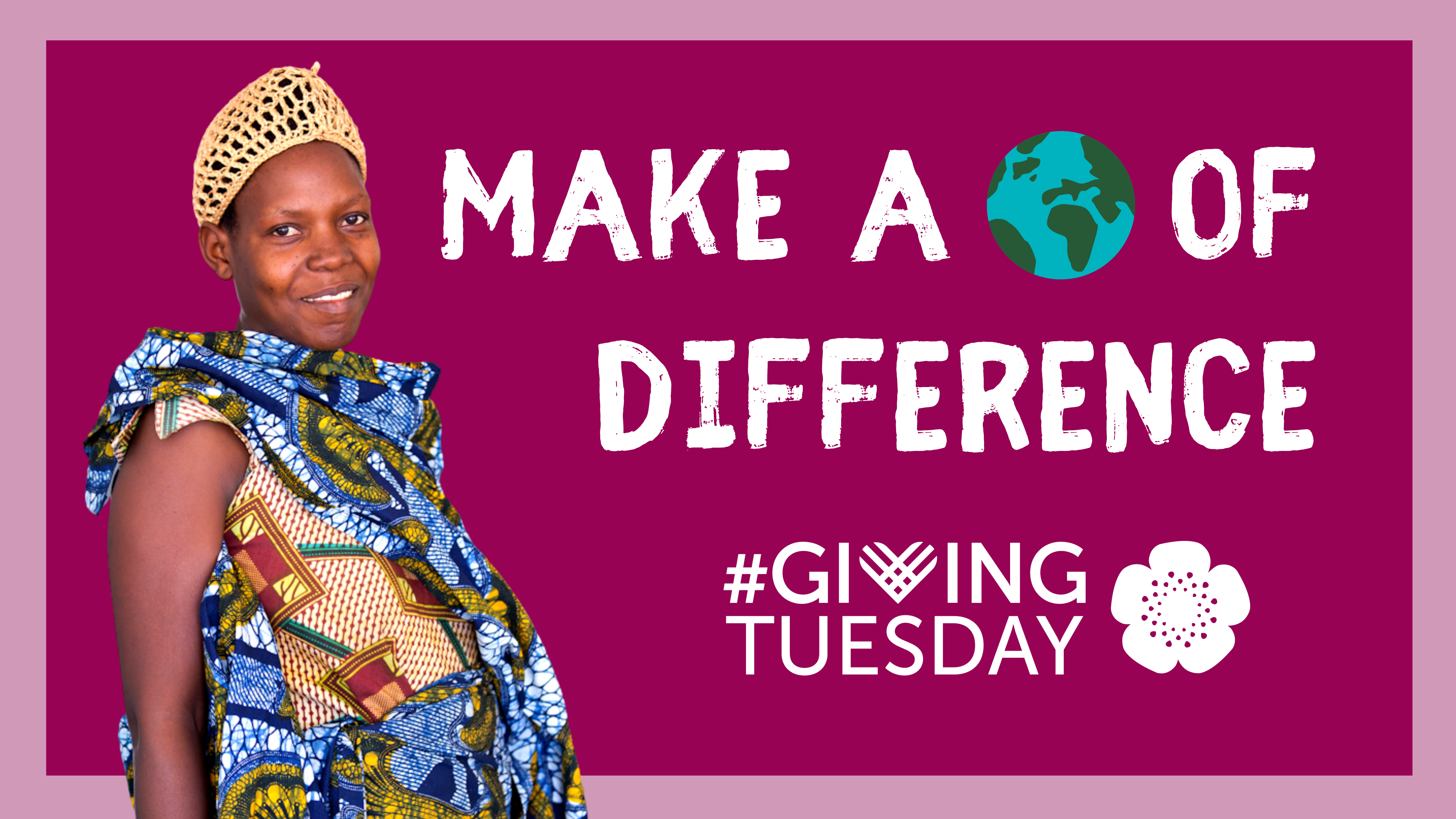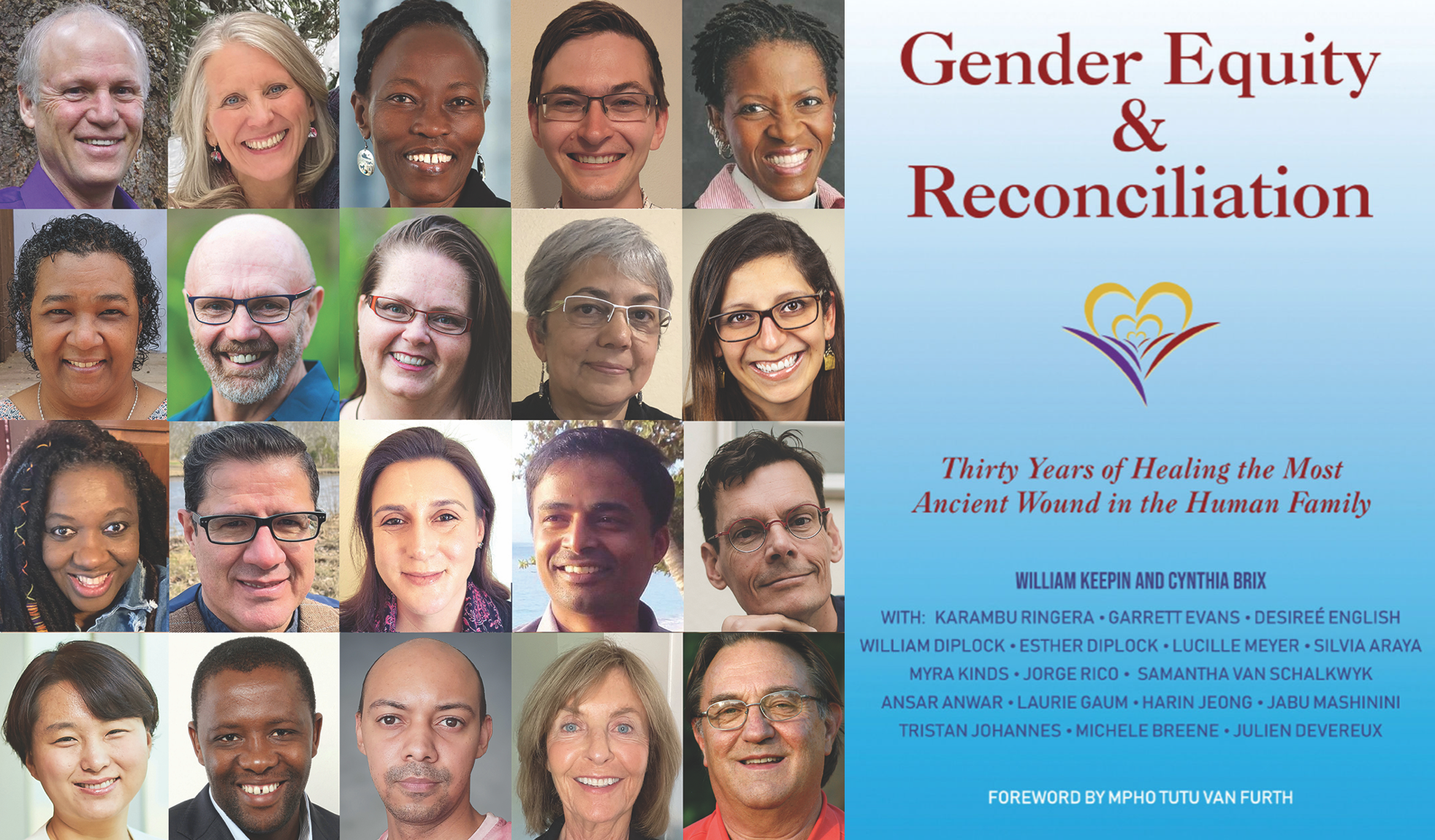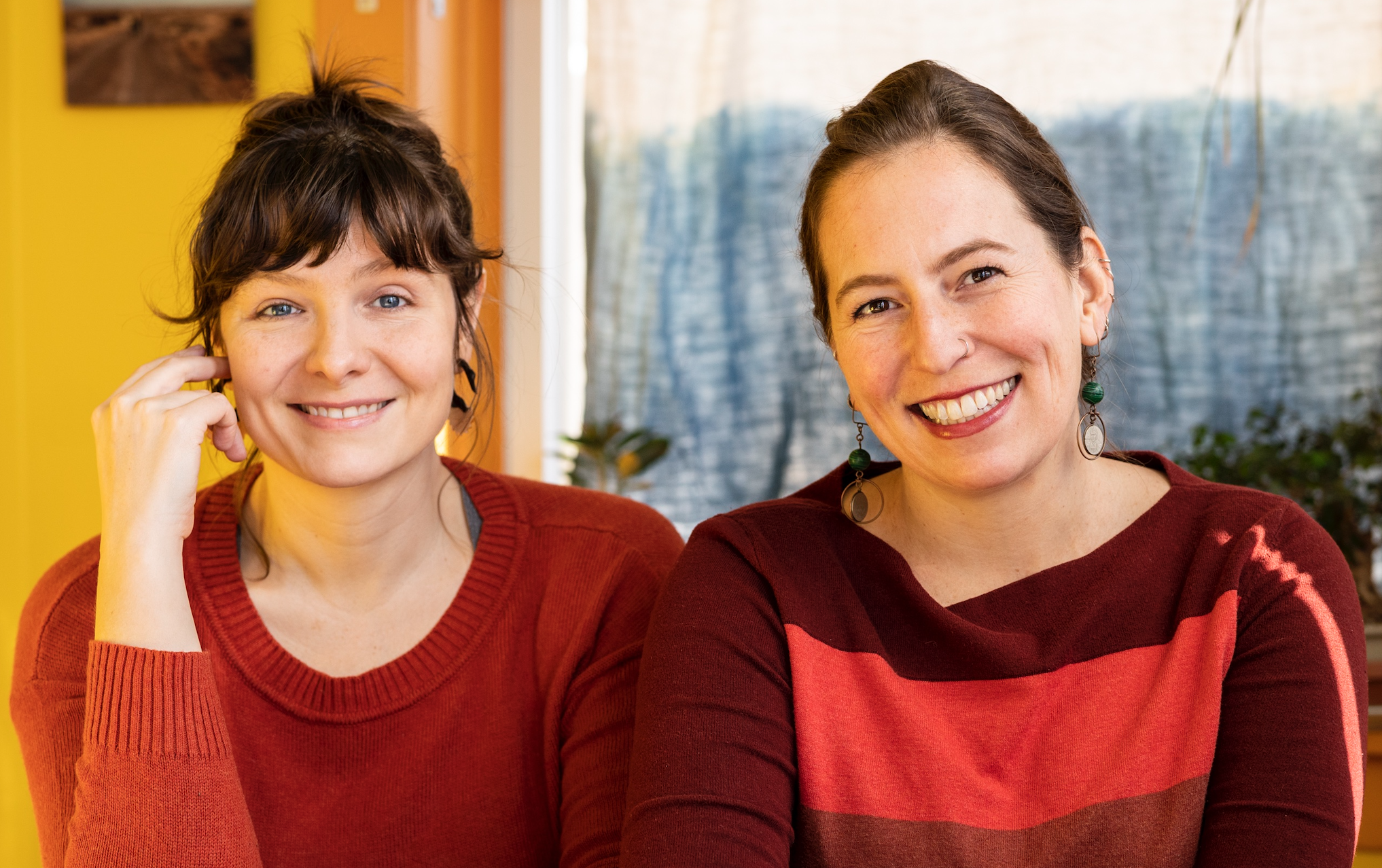
Welcome to another edition of our weekly series Feminist Friday, the space where we share some of our favorite videos with our readership that are interesting, funny, thought-provoking and which can potentially create meaningful change. The last category is definitely how we would describe our series this week, where we share 3 videos made as part of a docu-series from TakePart and the Thompson Reuters Foundation.
‘Hidden Connections’ exposes the link between climate change and child marriage, the intersection of which we don’t see enough coverage of in mainstream media. However, there are activists and writers who do understand this connection. Intersectional feminist writer Ama Josephine Budge strongly advocates that women of color in developing countries need to have a seat at the table when it comes to hammering out climate policies, in order to explain to leaders the tangible and daily ways it hurts the work they do.
Actor Leonardo DiCaprio, a longtime outspoken advocate of climate change policies before it became such a mainstream issue recently released a documentary on National Geographic called ‘Before The Flood’ which touches on the ways climate change affects poor communities in developing countries. But we are yet to see such a series that delves deep into the ways it affects the lives of young women.
In the first video in ‘Hidden Connections’ called ‘The Climate Consequence’, we get to know the story of Bristi from Jamalpur, Bangladesh, who is a 14 year-old married garment factory worker. She has been working since the age of 3, and has never been to school. Because of rapidly rising river levels that devastate many houses in rural areas in one fell swoop (forcing them toward cities in search of work), Brishti’s family have found themselves without a home so marrying their daughter off early means they eliminate a financial burden they can no longer afford.
In Part 2, ‘The Human Cost’, we learn how the increase in migration is putting a strain on the bigger cities, and how, although child marriage is outlawed by Bangladeshi law, parents who view daughters as burdens due to poverty from climate change find ways around it.
Razia is a teenage girl who is not yet married, but her parents want to find her a husband. She wants to go to school, but this is seen as a luxury her family cannot afford. With dowries becoming a socio-economic and cultural stigma, especially for those who cannot afford it, early marriage of daughters to men often decades older than them, is an easy way out.
The final part is titled ‘Honor’. Due to increased rains which can last up to 6 months, many farmers have no choice but to stay home and fall into poverty because they are not able to provide for their families. And if they happen to live in rural areas that become affected by floods and rising sea levels, their entire fortunes can be wiped away.
Many migrants to big cities like Dhaka end up living in slums. There is an increase in harassment toward girls and it becomes a social stigma for many families. Child and early marriage becomes a solution to much of this as it means parents do not have to bear the brunt of looking after a girl who becomes a victim to harassment or abuse.
In the end, it all comes down to the way climate change is contributing to poverty levels, and how child marriage can ease the burden for families who can’t afford to take care of daughters or allow them to be educated. TakePart is asking people to do their part by signing a pledge to make world leaders aware how climate change is a human right issue.

















2 thoughts on “FEMINIST FRIDAY: 3-Part Series Explores The Connection Between Climate Change & Child Marriage”